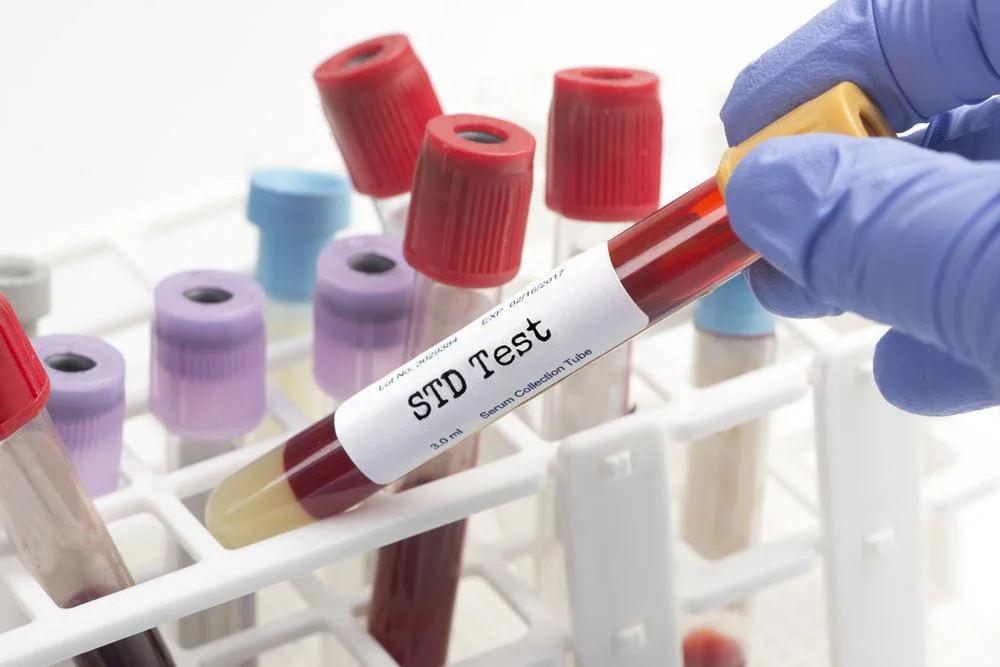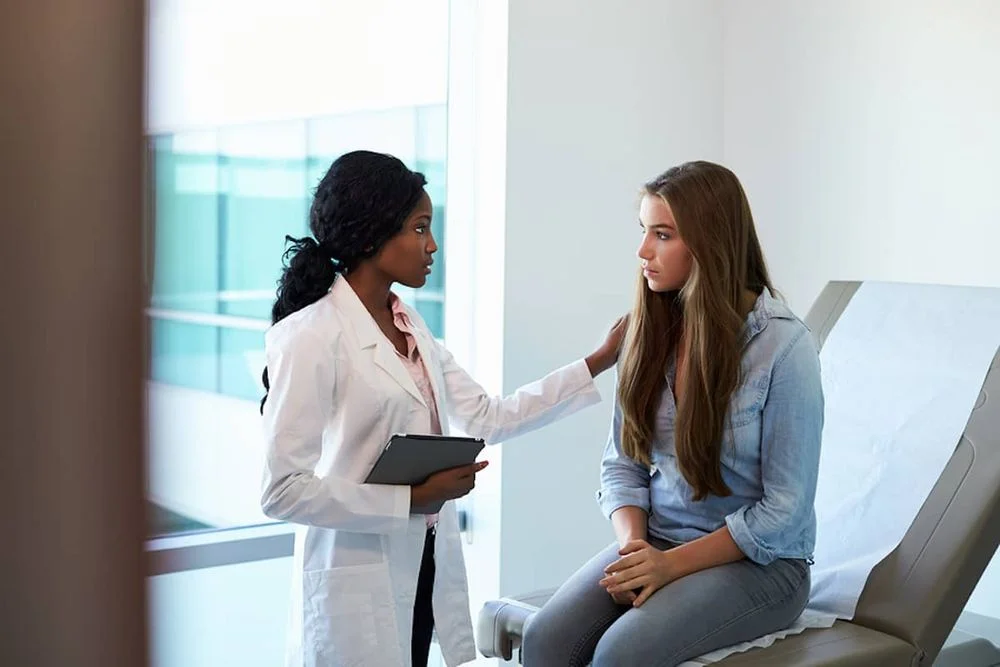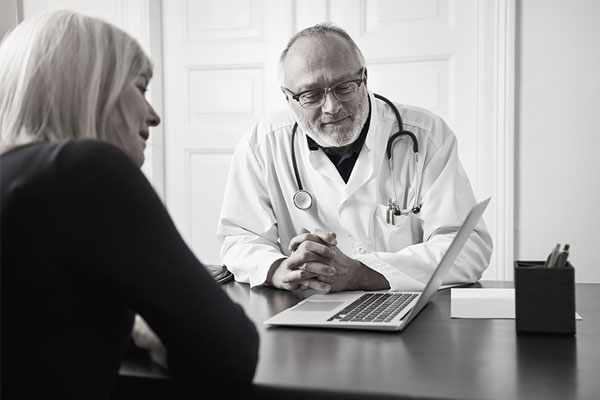STD Screening in Abu Dhabi
Elyzee Hospital is one of the best medical centers in Abu Dhabi specializing in Laboratory & Diagnostics.

STD Screening in Abu Dhabi
Getting screened for transmitted diseases (STDs) is a part of taking care of your sexual health. It helps identify and diagnose infections that can be spread through contact. In this guide we will delve into the world of STD screening. We’ll talk about its advantages, who should consider what to expect during the consultation and preparation phase, the screening process, things to consider afterwards, understanding the test results, offering a concluding perspective and addressing questions to give you a comprehensive understanding of this vital aspect of sexual healthcare.
The benefits of this procedure
Getting tested for transmitted diseases (STDs) has advantages especially when it comes to promoting sexual well being and preventing the transmission of infections. Detecting and diagnosing STDs early enables treatment, which lowers the chances of complications and long term health problems. Additionally screening helps identify individuals who show no symptoms but can unknowingly pass on infections, to others aiding in disease control and prevention efforts.

The best candidate for this procedure
People who engage in activity have had partners or have had unprotected sex or exposure to an STD are generally considered good candidates for STD screening. If someone is experiencing symptoms like sores, discharge, pain during intercourse or a burning sensation while urinating it is also recommended that they get tested for STDs. Additionally routine screening is advised for populations such as women and individuals, at a risk of contracting specific STDs.
Consultation with a healthcare professional and preparation for managing insulin resistance
When it comes to getting tested for transmitted diseases (STDs) you typically engage in a discussion with a healthcare professional, like your primary care doctor, gynecologist or urologist. In this conversation the provider will ask about your background, any risk factors you may have and any symptoms that could be associated with STDs. Based on this information the healthcare provider will suggest tests for STDs. These tests may include blood tests, urine tests, swab tests or physical examinations. Prior to undergoing these tests there might be preparations involved like fasting or avoiding activity for a specific period of time or discontinuing certain medications as advised by your healthcare provider.
What’s happening during the management process
The procedures for screening for transmitted diseases (STDs) can vary depending on the STD being tested. There are methods commonly used such as blood tests that look for antibodies or antigens linked to infections. Urine tests also play a role by analyzing urine samples to detect the presence of bacteria or viruses. Another method involves swabbing the rectal areas to collect samples and identify infections, like chlamydia, gonorrhea or herpes. Additionally physical examinations may be conducted to assess symptoms or identify signs of infection.
After the procedure and recovery
Usually there isn’t a period of time needed for recovery after STD screening since it’s an intrusive procedure. Once you’ve gone through the recommended tests you can go back to your activities. The samples collected are sent to a lab for analysis. Typically the results are ready within a day to a week. After getting the results you might receive advice regarding treatment options or additional testing if needed.
Final Result
The final result of STD screening provides valuable information about an individual’s sexual health. A negative result indicates that no evidence of the tested STD was found within the detection limits of the test. A positive result suggests the presence of an infection, and further diagnostic tests or treatment may be recommended. STD screening results are confidential and protected by privacy laws to ensure patient confidentiality and privacy.
Conclusion
Getting tested for transmitted diseases (STDs) is a part of taking care of your sexual health and preventing the spread of infections. Whether it’s for check ups checking for symptoms or assessing your risk STD screening plays a role in promoting sexual well being and reducing the transmission of these infections. It’s vital for both individuals and healthcare professionals to recognize the significance of STD screening and be familiar with the procedures involved.

FAQ
The frequency of STD screening depends on individual risk factors, sexual activity, and specific recommendations from healthcare providers. Regular screening is typically advised for sexually active individuals and those with multiple partners.
STD screening typically includes testing for infections although it’s important to note that not all STDs can be detected through a single test. Healthcare professionals will suggest tests based on risk factors and any symptoms present.
Yes, STD screening is confidential, and healthcare providers are required to protect patient privacy. Results are typically not shared without the patient’s consent.
Make An Appointment

